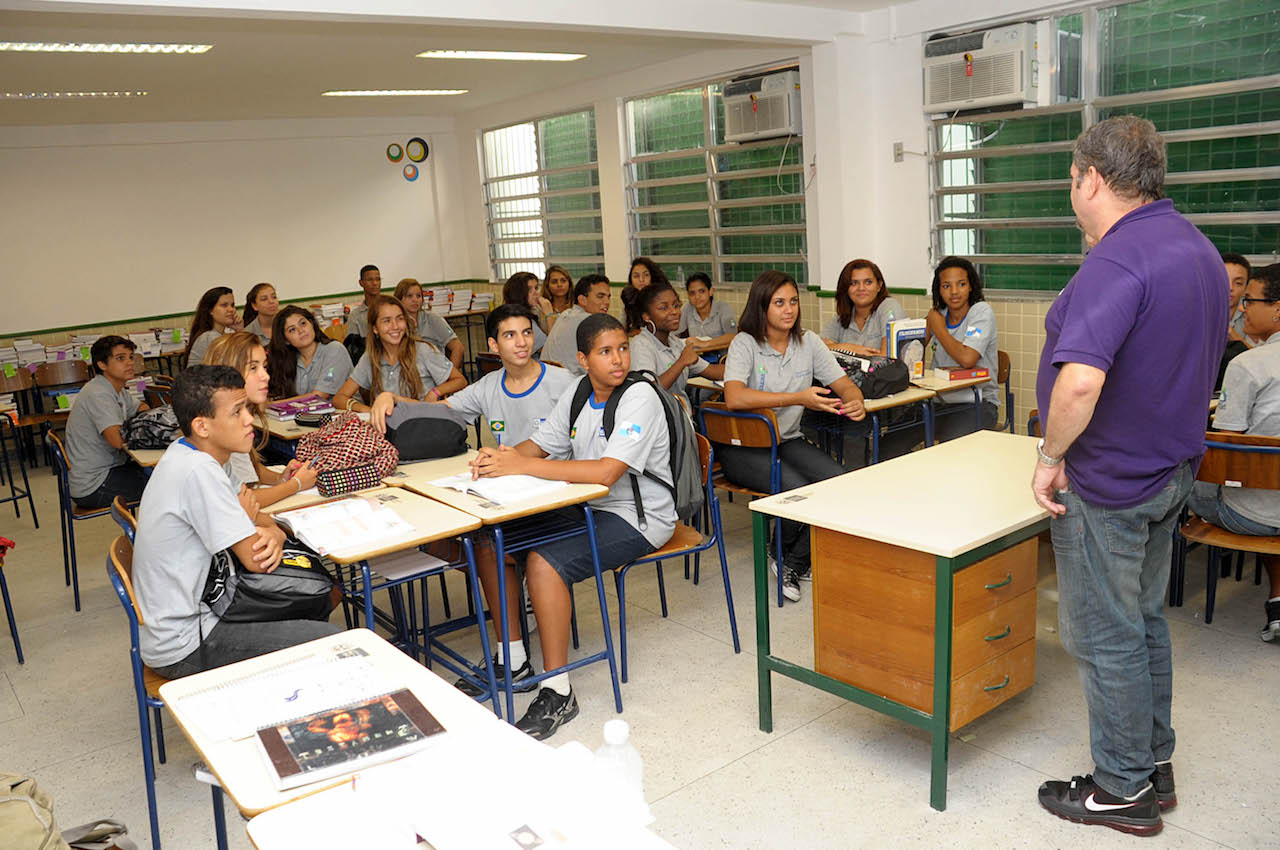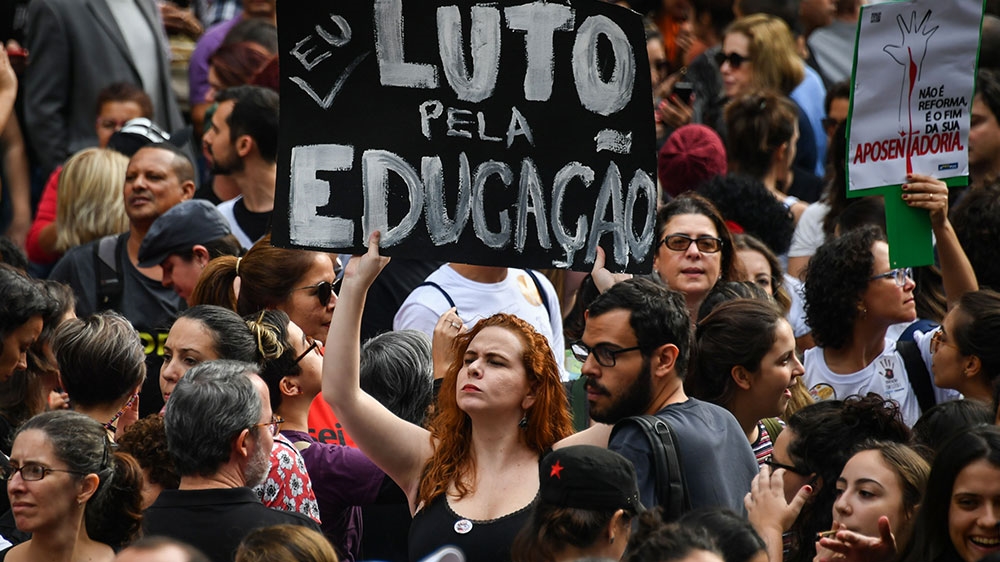By Dorah Feliciano, Contributing Reporter
BRASILIA, BRAZIL – A week after massive protests against government budget cuts in education, Brazil’s Economics Ministry announced on Wednesday that it was transferring R$1.588 billion of its reserves to the Ministry of Education. With the decision, the reduction of funds expected this year for the Ministry is R$5.84 billion, established back in March.

Earlier this month, the government announced it was reallocating an additional R$1.6 billion of discretionary (non-mandatory) spending from federal higher education institutions to other sectors. The decision would have increased the cuts in the education sector to R$7.43 billion and caused thousands of Brazilians to take to the streets on May 15th to protest the budget cuts.
According to Special Secretary of Finance, Waldery Rodrigues, however, the reincorporation of the money does not mean that the money will all return to federal universities. The decision on how to spend the funds will rest with the Ministry of Education itself. This is because other areas, like primary education, also suffered cuts earlier in the year.
Before the announcement, economists were bracing for further budget cuts, since the government reduced once again its projected growth of the country’s GDP in 2019, from 2.2 percent to 1.6 percent.
“Indicators of economic activity in the first quarter have not recovered as we had hoped, especially manufacturing and industry,” according to the Economy Ministry’s report.
The government’s new GDP growth forecast is, however, more optimistic than estimates by the financial market, which forecasts only 1.24 percent GDP growth this year.
Estimated annual inflation for 2019, based on the Consumer Price Index (IPCA), jumped from 3.8 percent to 4.1 percent, while the economic growth projection for 2020 has been revised from 2.7 percent to 2.6 percent.
According to Rodrigues, the economic team used part of an emergency reserve created at the end of March to avoid new budget cuts.

The bimonthly report on revenue and expenditure, released today by the Ministry of Economy, states that the government decided to use R$1.64 billion from the reserve to recompose the funds from the Ministries of Education and the Ministry of Environment. The former will receive R$1.588 billion while the latter will get R$56.6 million.
“The government has to set priorities, and a priority at this moment is to recompose these two Ministries and not to cut others’ budgets; the decisions are made by a group,” said Rodrigues.
If the reserves were not used, the government would have to cut an additional R$2.181 billion from the budget due to the downward revision of GDP growth.
The bimonthly revenue and expenditure report, sent every two months to Brazil’s Congress, controls the implementation of the federal government’s general budget, based on a review of national economic parameters and revenues.
If revenues fall, the government must make cuts in spending so as to meet the primary deficit target.
The Legislative, Judiciary, Public Prosecution, and Public Defender’s Office will also suffer cuts in funds, totaling R$14.62 million.

